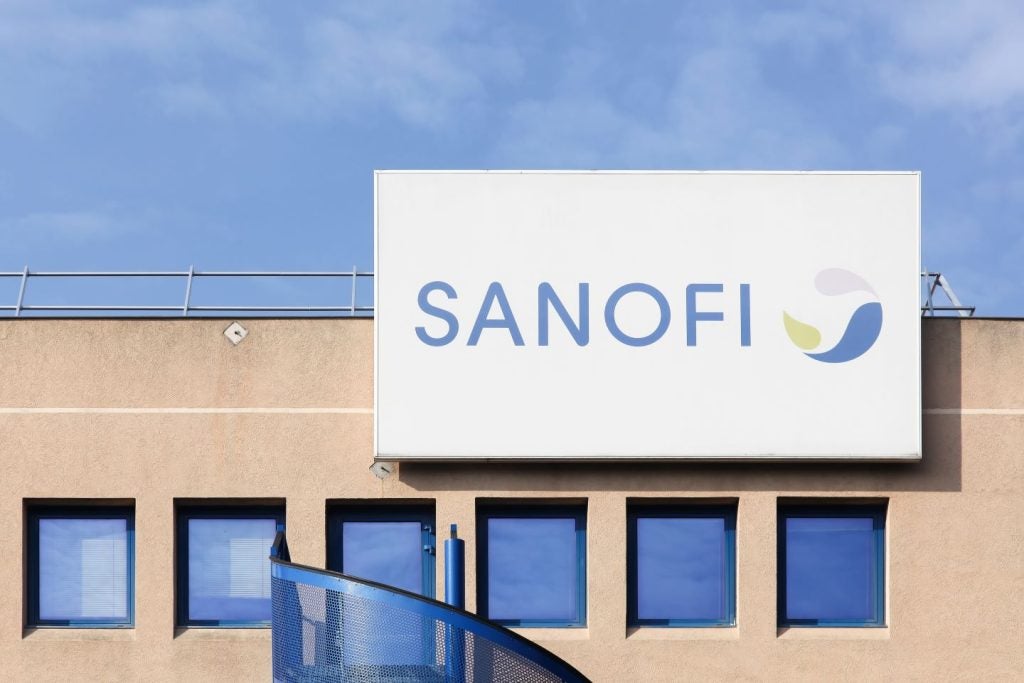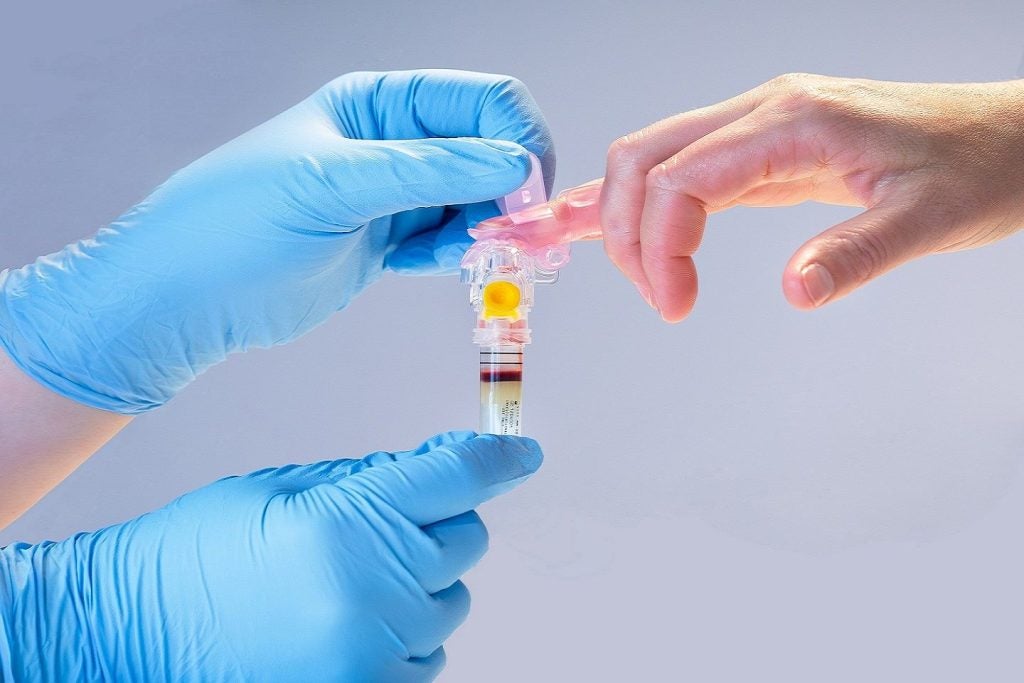US-based clinical-stage company GIE Medical in the US has enrolled the first patient in the trial of a drug-coated balloon (DCB) for the treatment of benign oesophagal strictures.
The first patient in the Paclitaxel-coated balloon for the treatment of chronic benign stricture-esophagus (PATENT-E) study of ProTractX3 TTS DCB was enrolled at the University of North Carolina School of Medicine.
The randomised and multi-centre-controlled clinical study is designed to assess the efficacy and safety of the DCB.
Individuals aged 22 years or above who do not respond to traditional dilation are eligible to participate in the PATENT-E study.
The University of North Carolina School of Medicine gastroenterology and hepatology division chief Nicholas Shaheen said: “Our patients with difficult-to-treat strictures need treatment options that are effective and safe. We hope to show that this innovative approach provides a new direction for them.”
The ProTractX3 3-Stage TTS DCB, a balloon coated with the anti-restenotic agent paclitaxel, is currently being assessed as a medical device in the US.
At the start of this year, the company received breakthrough device designation from the Food and Drug Administration Center for Devices and Radiological Health (CDRH) to advance the development of this DCB.
It is intended to dilate recurrent benign oesophageal strictures in adult patients who are experiencing obstructive symptoms linked to the oesophagus narrowing.
GIE Medical vice-president Drew McClure said: “We are pleased to be enrolling the randomised cohorts in PATENT-E, our treatment for oesophagal stricture IDE study, and look forward to the results.
“We sincerely thank our clinical partners and internal GIE Medical team for achieving this significant milestone.”
In December 2022, the company began two randomised and multicentre clinical studies in the US to assess the DCB.
GIE Medical is carrying out trials in the US for treating patients with benign strictures of the oesophagus or bowel.
















